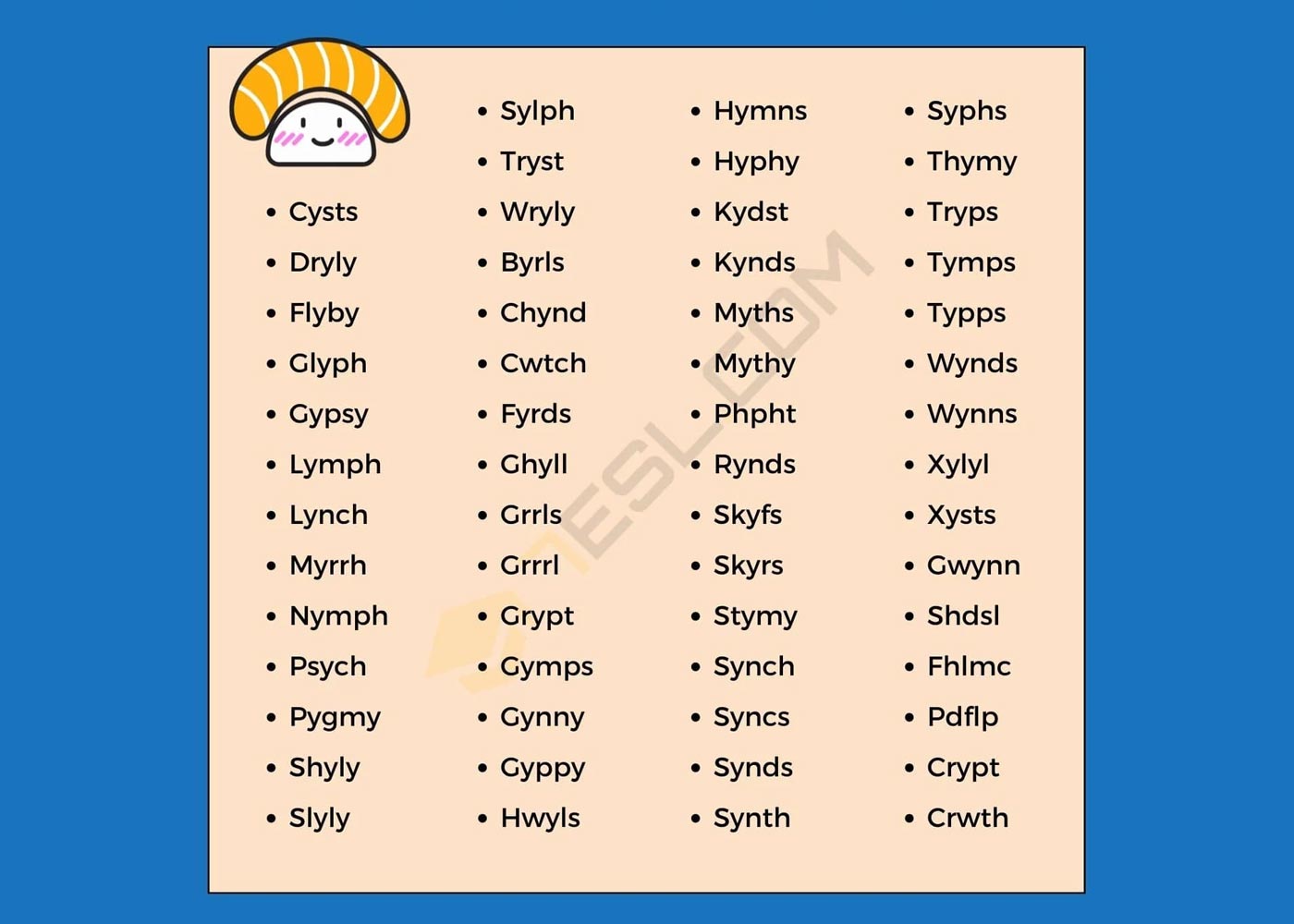
Online, cookies are commonplace. Almost every website you visit allows them to follow you around. What does this entail for various groups of individuals depending on their browsing habits and the privacy and security threats they pose? For you, what does it mean? We're sharing the experiences of six actual people to highlight these hazards and show how widespread cookie exposure may be.
Your browser makes a request when you first visit a website. The website then transmits a cookie to your browser. Your browser transmits the cookie rather than a request when you visit the same website again, letting the website know who you are and that you have previously visited.
As a result of the website "remembering" you, it may change your preferences—such as language or custom color settings—automatically and provide suggestions based on your interests. Because of this, popular websites like Facebook and YouTube consistently appear to know what kind of material to recommend.

Internet users frequently use cookies. Reports indicate that cookies are used by 43.8% of all websites. Although most cookies are fairly safe, 81.5% of them are not secure, which poses a security concern. What you should know about computer cookie security concerns and how to be safe online is provided below.
5 cookie security issues
Most of the time, computer cookies are useful for your online experience. They support websites in giving each user a tailored experience, which is amazing given the sheer volume of internet users. However, like anything else done online, hackers, fraudsters, and other bad actors have found a way to exploit individuals by using cookies.
It's crucial to comprehend the many sorts of cookies before delving into the specific security concerns associated with them. Computer cookies may be categorized into three categories:
- Session cookies are only present during your browsing session and are removed once your browser is closed. Session cookies are what let you navigate between pages on a password-protected website without having to check in each time.
- Persistent cookies are permanently kept on your computer's hard disk and are used to update your preferences whenever you visit a website. They are employed to examine users' surfing patterns. Persistent cookies will keep you logged in if you select "Remember me" on a website's login page, and they will remain active even after you exit your browser.
- Flash cookies: These have the same information as permanent cookies and function in the same way, but they are saved as Adobe Flash files rather than text files.
Every time you use the internet, many forms of cyber cookies contribute to flawless experiences, but if you're not attentive, they may also represent a hazard.

The following list of five cookie security concerns should be noted:
1. Cross-site request forgery attack (xsrf)
The biggest issue with cookies is that websites are unable to tell if queries are coming from the actual user or from an outside source. Cybercriminals can start a destructive operation by taking advantage of this "cookie neutrality."
A website always starts the action specified in a cookie's request when it discovers one. When a bad website detects cookies from a trusted domain, it might be programmed by online criminals to take adverse actions, such as deleting data. A cross-site request forgery attack is what this is (xsrf).
You may, for example, visit a well-known, trustworthy website and have cookies downloaded to your computer. The website's domain name will be "www.Alright.Com." An attacker can include a link to delete certain activities from "www.Alright.Com" and post them on another website, such as "www.Notalright.Com." When you visit www.Notalright.Com, the web server identifies cookies from www.Alright.Com, considers the request as genuine, and executes the delete action indicated by the attacker.
When you visit another page, they use legal cookies from other websites to conduct harmful operations.
2. Session fixation
Your computer will save session cookies for as long as your browser is open and each time you visit a website that requires logging in. You won't need to log in each time you access a new page on the website this way. While it could make using the internet more frictionless, it also gives hackers the chance to steal your legitimate session id.
If a website permits session ids in the query parameters, an attacker can provide a specific session id in the url. The attacker can hijack that session and access the user's account if they provide a user with that url and the user signs into the website using their valid credentials.

3. Cross-site scripting (xss)
Any website that allows users to create and upload unfiltered JavaScript and HTML content is susceptible to cross-site scripting (XSS).
An attacker creates harmful code and submits it to a reliable, trustworthy website in this kind of cyber security breach. The browser of the unwary user is ignorant that the website's content shouldn't be trusted when they visit it. It runs all the scripts and gives access to any cookies, session tokens, or other sensitive data the browser has saved about that website, including login data. This information is susceptible to theft by an attacker.
4. Cookie tossing attack
Unsecured cookies without a path or domain name are used by some websites. This implies that if there are many cookies, the browser will choose one at random. This security flaw is being used by online criminals to access users' accounts.
Attackers fabricate a subdomain cookie and transmit it to a user pretending to be a real website. The server must decide which cookie to use when the user accesses that page. It will occasionally choose the real cookie, but if the attacker's phoney cookie is present, it will pull that one instead. If it succeeds, the attacker will be in a position to hijack the session and access the user's account.
Because the attackers only "throw" a bogus cookie to the user in the hopes that the ruse works, this is known as "cookie tossing." Only websites using unsecured cookies without domain paths and http-only characteristics are vulnerable to this kind of attack.
One of the most frequent kinds of cookie-related security problems is cooking tossing.
5. Cookie capturing
Always send cookies via secure SSL/TLS channels if they are being used for authentication, such as keeping you signed in to a website. Cookies are given a "Secure flag" when they are transferred securely, informing the browser that only certain secure routes should be used to access certain information.
Although it's a good idea in general to provide safe cookie communications, not all websites do it. Theoretically, if a website permits cleartext cookie transmission, an attacker may eavesdrop on network traffic and obtain an unprotected cookie. They can then get unauthorized access to the user's account on the website using this information.
How to manage internet cookies and privacy safely.
If you've read about all the security concerns with cookies, you may be wondering if they're harmful. They're not required to be.
Most of the time, cookies are totally secure. Of course, just as with everything online, hackers are using them to access your accounts. The easiest method to guard against security issues with internet privacy and cookies is to actively manage and keep an eye on the cookies that are already installed on your device.

Here are some pointers for preventing cookie-based attacks on your accounts and websites:
- Require a secure connection; the primary culprit in cookie-based attacks is an unsecured connection. Set your browser to deliver cookies exclusively over encrypted SSL connections. Even if certain portions of some websites do not allow cookies, your accounts will remain secure.
- Don't share with subdomains—the risk of an attack grows as more subdomains gain access to your cookies. If you want your cookies to only be delivered to domains like "Www.Example.Com," subdomains like "Blog.Example.Com," "Forum.Example.Com," and other areas of the website are also included when cookies are set to include subdomains like ".Example.Com."
- To tell your browser not to allow JavaScript access to cookies, use the HttpOnly option. This is the strongest defense against XSS attacks since it prevents hackers from collecting and exploiting data from other websites.
It's a good idea to continuously check and modify your cookie settings in your web browser since cookies are constantly being added, removed, or updated. By doing this, you can be certain that you're always following the best practices for handling your online cookies and privacy.
Conclusion
Although cookies are generally secure and very helpful for your online experience, you should be aware of potential security issues. Make sure your browser utilizes HttpOnly flags, transmits cookies only over secure connections, and doesn't share them with subdomains. By doing so, you can prevent cyber criminals from compromising your browsing experience.
No amount of cookie management can guarantee 100 percent security from internet dangers. Working with a seasoned managed security company to keep an eye on your networks and defend you from threats is always a smart option. They will be able to minimize the problem and lessen the impact on your systems if an attack does manage to get through.




















Comments (0)
Write a Comment